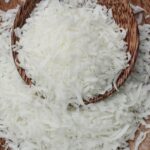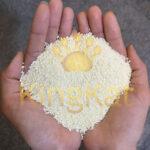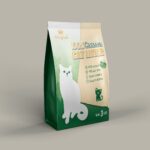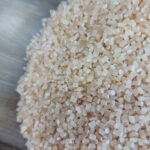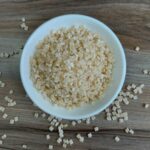CASHEW NUT SHELL OIL
In the dynamic world of aquaculture, nutrition plays a critical role in enhancing growth performance, feed efficiency, and overall aquatic animal health. One ingredient making waves in feed formulations is Acetylated Tapioca Starch E1420—a modified starch known for its improved functional properties. Its growing popularity in aqua feed underscores its ability to deliver consistent performance, improve water stability, and support sustainable farming.
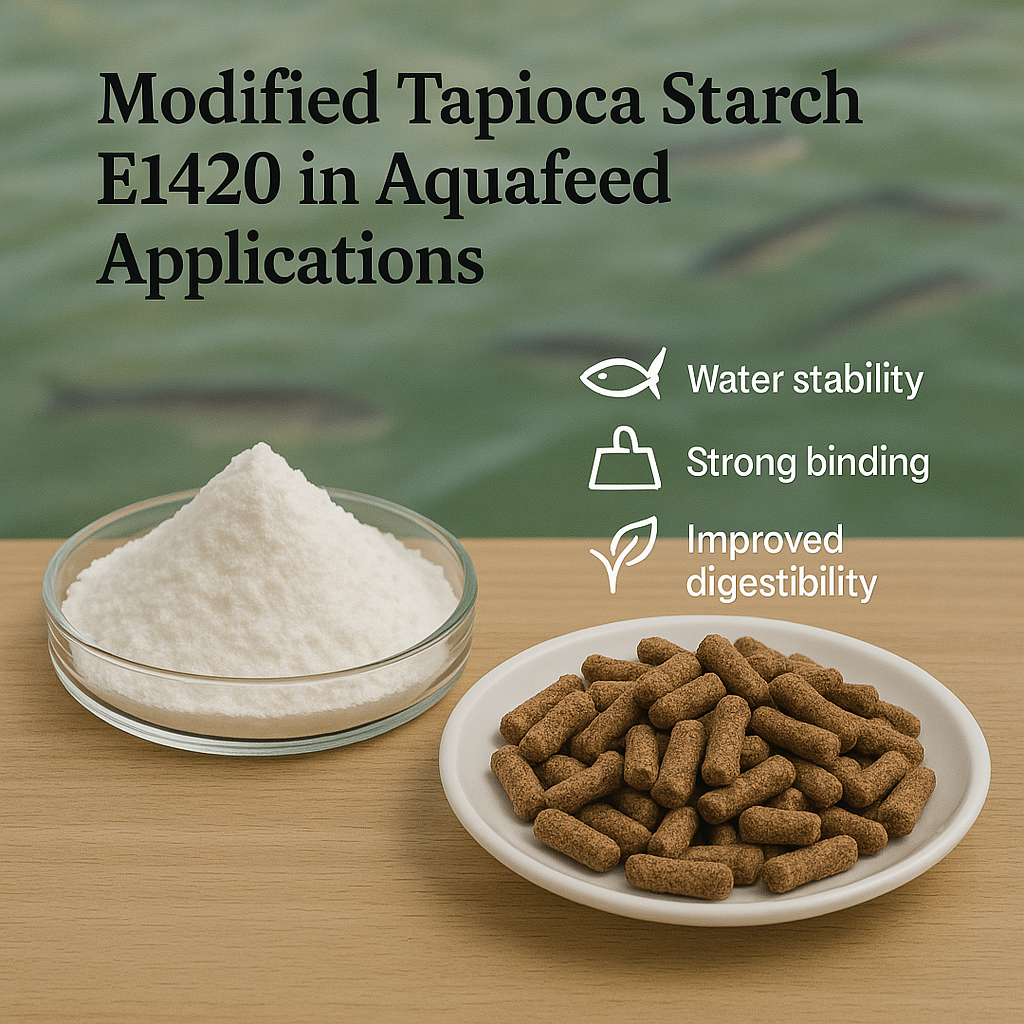
Table of Contents
ToggleWhat is Acetylated Tapioca Starch E1420?
Acetylated Starch E1420 is a chemically modified starch derived from tapioca (cassava)—a natural, renewable crop known for its purity and neutral taste. Through an acetylation process, acetyl groups are introduced into the starch molecule, enhancing its stability against heat, acidity, and enzymatic degradation. This process significantly reduces retrogradation and syneresis, making it an ideal binder, stabilizer, and functional ingredient in aqua feed production.
Key characteristics include:
High water-holding capacity
Strong film-forming and binding ability
Enhanced digestibility for aquatic species
Excellent stability under high-temperature extrusion
These qualities make acetylated tapioca-based starch a superior solution in demanding feed environments.
The Benefits of Acetylated Tapioca Starch E1420 in Aqua Feed
The inclusion of Acetylated Tapioca Starch E1420 in aqua feed offers several key advantages. It enhances pellet durability, ensuring feed remains intact in water and reducing nutrient leaching. This not only minimizes waste but also maintains better water quality, directly benefiting the health and growth of fish and shrimp.
Notable benefits include:
Improved pellet stability and integrity
More efficient nutrient delivery and feed conversion
Better palatability and texture
Readily available energy source from a sustainable plant-based starch
Improving Feed Quality and Performance
By enhancing the mechanical strength of feed pellets, E1420 contributes to better feed handling and transport. Its superior binding properties are particularly important for floating or sinking feeds, where water resistance and integrity are essential.
Tapioca-based E1420 is highly digestible and acts as a cost-effective carbohydrate source, reducing dependency on expensive protein and lipid inputs. This makes it an ideal choice for both economic and nutritional formulation goals in commercial aqua feed.
Scientific Evidence Supporting Its Use
Scientific studies confirm the effectiveness of modified starches in improving aqua feed performance. Research published in Aquaculture Nutrition and Journal of Applied Aquaculture highlights that feeds containing acetylated starches promote better growth rates, enhance nutrient retention, and improve pellet water stability.
Additionally, tapioca starch is hypoallergenic, non-GMO, and free from gluten—attributes that align well with growing industry trends toward clean, plant-based, and sustainable ingredients.
Challenges and Considerations
While acetylated tapioca starch offers many benefits, attention must be paid to proper formulation. Excessive inclusion may lead to over-gelatinization, which can impact texture and feed behavior. Cost-efficiency should also be evaluated depending on sourcing regions and supply consistency.
Regulatory compliance and certification—such as for HALAL, HACCP, and GMP+—should be confirmed to meet export and feed safety requirements.
Future Prospects and Innovations
With aquaculture rapidly expanding, the role of modified starches like Acetylated Tapioca Starch E1420 will continue to grow. New innovations are focusing on combining E1420 with bioactive compounds or encapsulating nutrients for targeted delivery. There is also increasing interest in using clean-label, plant-based inputs—where tapioca starch stands out as a premium alternative.
Efforts to optimize processing techniques and reduce carbon footprints further elevate the value of tapioca-based starch in the feed industry.
Conclusion
Acetylated Tapioca Starch E1420 represents a next-generation ingredient in aqua feed formulation. Its natural origin, superior binding and digestibility, and functional stability make it an indispensable asset for modern feed manufacturers. As demand grows for sustainable and efficient aquaculture solutions, tapioca-based E1420 will play a pivotal role in shaping the future of aqua nutrition.
For premium-quality Acetylated Tapioca Starch E1420, trust Abimex Group—your reliable partner for innovative, sustainable feed ingredients.



